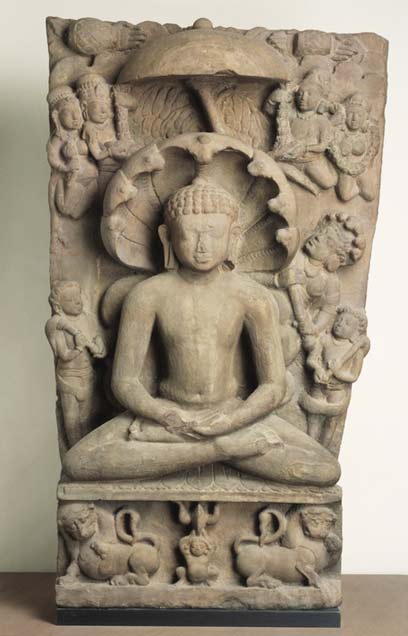History of Vegetarianism-Vegetarian Diet
Pleas from vegetarians, remarks of individuals whose sentiments suggest they might be vegetarians—although history offers no proof—as well as remarks against cruelty of slaughter and eating of flesh document the history of vegetarianism.
History-Vegetarianism: Antiquity-BCE Mythical-Divine; Remote-Classical Antiquity
Quotes Against Cruelty of Slaughter
[c28,000 – 11,000 BCE] Animals in cave paintings are rarely portrayed as being hunted or eaten. (Richard Ryder, Animal Revolution,”The Ancient World”).
[Ancient Greek Religion and Myth] Abstinence from animal food was one of the legal institutes of Triptolemus, the most ancient of the Athenian legislators.—Porphyry, On Abstinence from Animal Food
[Ancient Greek Religion and Myth] Orpheus abstained from “flesh and animals…under the idea that they ought not to eat them, and may not stain the altars of the gods with blood. [His followers] are said to have lived a sort of Orphic life, having the use of all lifeless things, but abstaining from all living things.—Plato’s Laws
[Ancient Greek Religion and Myth] The ancient priests of Egypt always abstained from flesh and wine [and] avoided even eggs and milk as flesh. The one, they said, was liquid flesh, the other was blood with the colour changed?—St. Jerome quoting Chaermon the Stoic
[c8th C BCE / Ancient Greek Religon and Myth / Golden Age ] Hesoid speaks of the Golden Age where “How great the Pleasure wholesome Herbs afford, / How bless’d the frugal” continuing he states “The Golden Age’s Virtues are no more;” refering to the Age of Brass when men began eating animals: “On the crude Flesh of Beasts, they feed, alone, “Savage their Nature, and their Hearts of Stone “Their Houses of Brass, of Brass of warlike Blade”.
All breathing, existing, living, sentient creatures
should not be slain, nor treated with violence, nor abused,
nor tormented, nor driven away.—First Vow of a Jain
[599-527 BCE / 2000 BCE / Ancient India] The Arhats and Bhagavats of the past, present, and future, all say thus, speak thus, declare thus, explain thus: All breathing, existing, living, sentient creatures should not be slain, nor treated with violence, nor abused, nor tormented, nor driven away.—First Vow of a Jain. As the last of the twenty-four Tirthakaras (perfectly enlightened ones), Mahâvîra‘s [599-527 BCE] teachings evolved into the Sacred Jain Texts dating Jainism and the concept of Ahimsa 1500 years prior, to about 2000 BCE. Although sometimes thought to have arisen in Hinduism, “the double doctrine of ahimsa and vegetarianism has never had full and unchallenged acceptance and practice among Hindus, and should not be considered to have arisen in Brahminical circles. It seems more probable that it originated in non-Brahminical environment, and was promoted in historic India by the Jains and adopted by Brahmanism Hinduism.
The only way to obtain freedom from disease is by
abstaining entirely from the use of meat.—Laws of Manu
[6th C. BCE / Ancient Relgion in India / Divine Origin] Although the Laws of Manu, credited with “divine origin and a remote antiquity” by the Brahims themselves did not denounce meat eating or sacrifice as sinful, does conclude that the only way to obtain “great rewards” including “endless,” “heavenly bliss” and “freedom from disease” is by “abstaining entirely from the use of meat” which is both “cruel” and “disgusting”. Manu’s laws also condemn those who permit slaughter, as well as those who buy, sell, cook, serve or eat meat, acknowledging them as responsible for the slaughter as the one who actually killed the animal.
Those who buy, sell, cook, serve or eat meat,
or permit slaughter are as responsible for the slaughter
as the one who actually killed the animal.—Laws of Manu
Meat-eating I have not permitted to anyone,
I do not permit, I will not permit. Buddha


